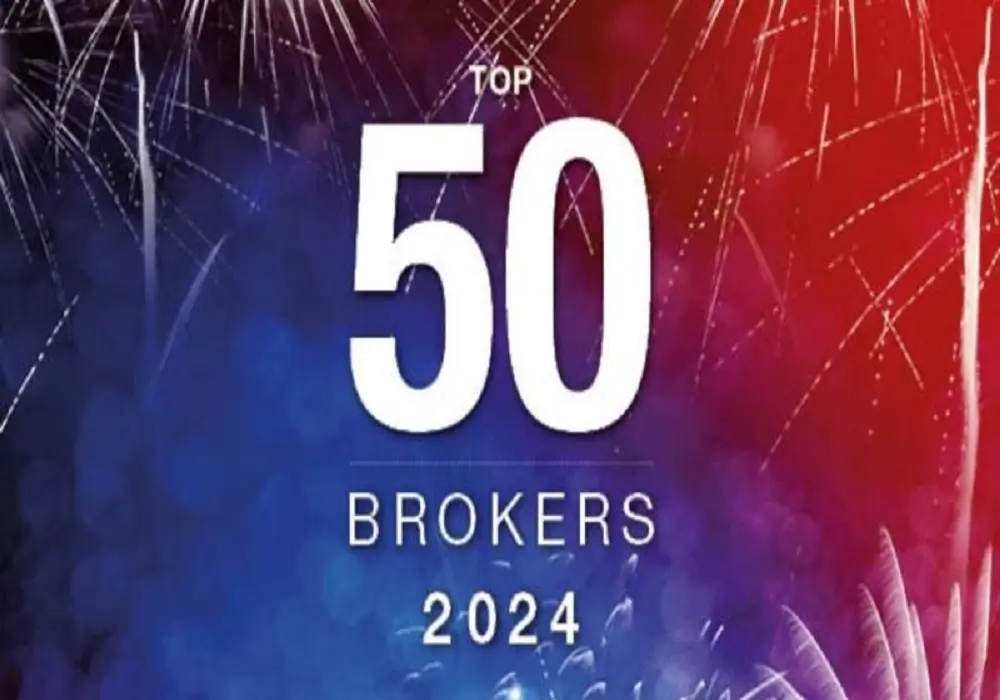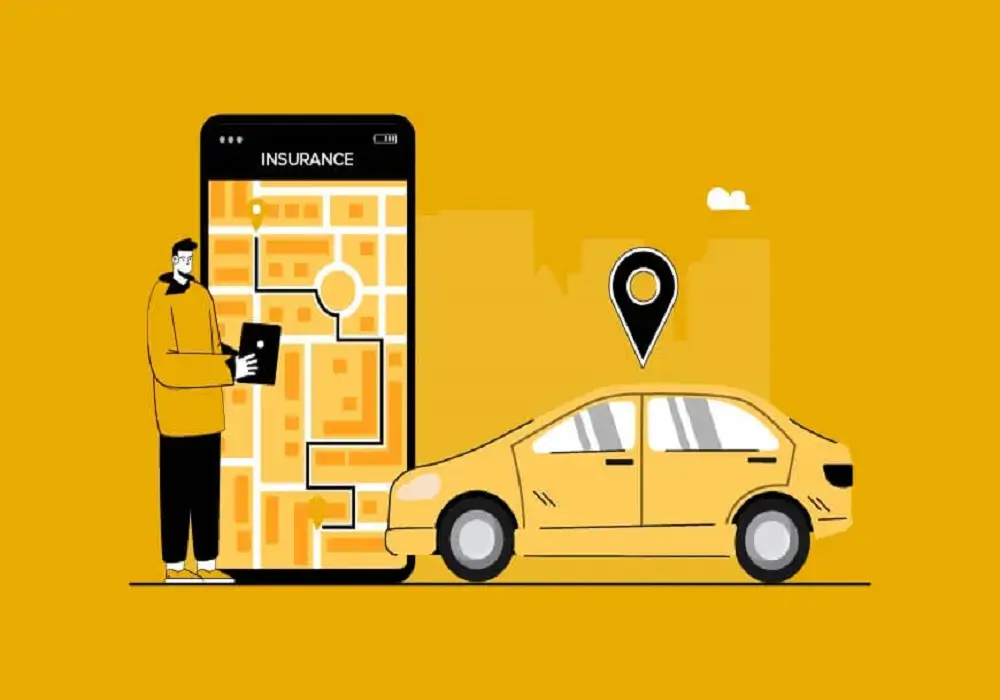In the rapidly evolving landscape of technology and innovation, telematics stands out as a transformative force reshaping industries. From fleet management to personal automobiles, the integration of telematics systems is providing unprecedented insights and efficiencies. However, as the telematics industry advances, the need for standardized education becomes increasingly critical. Today, the call to action is clear: the time for telematics is now, but a unified approach to education is essential for its successful integration and optimization.
Understanding Telematics: The Present and the Potential
Telematics refers to the interdisciplinary field that combines telecommunications, vehicular technologies, road transportation, and computer science to provide solutions that enhance the performance, security, and functionality of transportation systems. It involves the use of GPS technology, onboard diagnostics, and Internet of Things (IoT) devices to gather and analyze data from vehicles and equipment. These insights enable users to monitor vehicle locations, track driving behavior, predict maintenance needs, and optimize routes, among other benefits.
The advantages offered by telematics are profound. Companies operating large fleets can reduce operational costs, improve safety, and lower their environmental footprint. On a personal level, telematics can improve driver safety, provide personalized insurance options, and facilitate vehicle tracking in the event of theft. Despite these substantial benefits, the full potential of telematics remains untapped due to inconsistencies in its implementation and a lack of comprehensive education across the industry.
The Educational Gap in Telematics
The telematics industry is facing a significant educational gap. Many stakeholders, from business leaders to end-users, lack a thorough understanding of telematics technology, its benefits, and how to effectively leverage it. This gap is not unexpected, given the rapid pace of technological advancement and the complex nature of telematics systems.
A major challenge is the lack of standardization in telematics education. Currently, training and educational resources vary widely in quality and scope. Many organizations provide their proprietary training, which often emphasizes their products and services rather than offering a comprehensive understanding of the field. This fragmented approach hinders interoperability and limits the development of best practices across the industry.
Moreover, as telematics systems evolve, continuous education is essential. The introduction of advanced analytics, artificial intelligence, and machine learning into telematics systems demands that industry professionals regularly update their skills and knowledge. Without a standardized framework for ongoing education, the industry risks falling behind in innovation and failing to realize the full potential of telematics.
A Call for Standardized Education
To address these challenges, the telematics industry must commit to developing a standardized approach to education that transcends company lines and national borders. This initiative should aim to create a comprehensive curriculum that covers the fundamental aspects of telematics, including its components, operations, benefits, and ethical considerations.
Such a curriculum should be widely accessible and designed to cater to different levels of expertise, from beginners to seasoned professionals. This can be achieved through partnerships between industry leaders, educational institutions, and governmental bodies. By pooling resources and expertise, stakeholders can develop a robust educational framework that ensures consistency and quality in training.
Additionally, certification programs can play a crucial role in setting industry standards and validating the expertise of professionals working with telematics systems. These certifications can ensure that individuals possess the necessary skills and knowledge to operate, manage, and innovate within the telematics space. They can also serve as a benchmark for employers when hiring and promoting staff, ultimately contributing to the industry’s overall professionalism and capability.
Integrating Ethics and Privacy in Telematics Education
As the telematics industry moves towards standardized education, it is vital to integrate ethical considerations and privacy concerns into the curriculum. Telematics systems generate a wealth of data, and concerns about data security, privacy, and misuse are significant barriers to adoption. By educating industry professionals on best practices for data handling and security, stakeholders can build trust with consumers and mitigate potential risks.
Moreover, ethical considerations extend beyond data privacy. The use of telematics in monitoring driving behavior and allocating insurance premiums raises questions about fairness and discrimination. A standardized educational framework should address these ethical dilemmas, equipping professionals with the knowledge to navigate potential issues responsibly and transparently.
The Road Ahead
As the telematics industry continues to grow, the need for a standardized approach to education becomes ever more pressing. By committing to a comprehensive educational framework that transcends individual companies and nations, the industry can unlock the full potential of telematics and drive innovation, efficiency, and safety forward.
The potential benefits of telematics are immense, but realizing them requires a united effort. By investing in standardized education and prioritizing ethics and privacy, the industry can build a solid foundation for future growth and success. Now is the time for telematics, and with the right educational approach, the industry can ensure a bright future for all its stakeholders.












